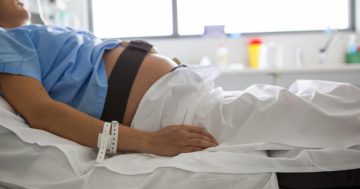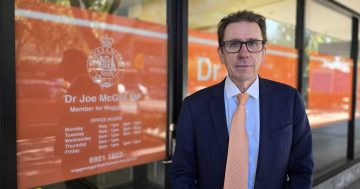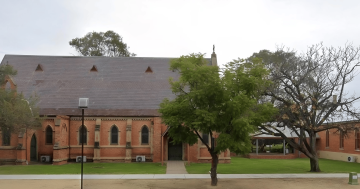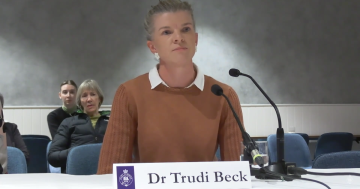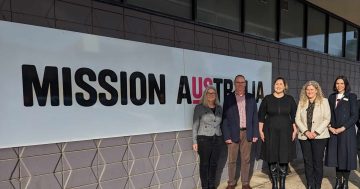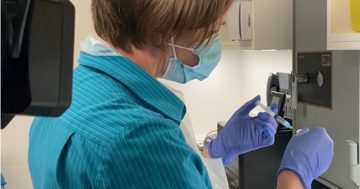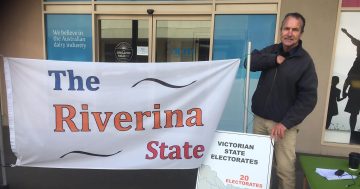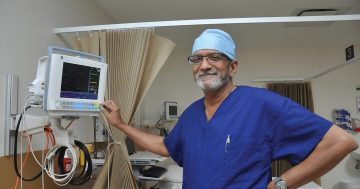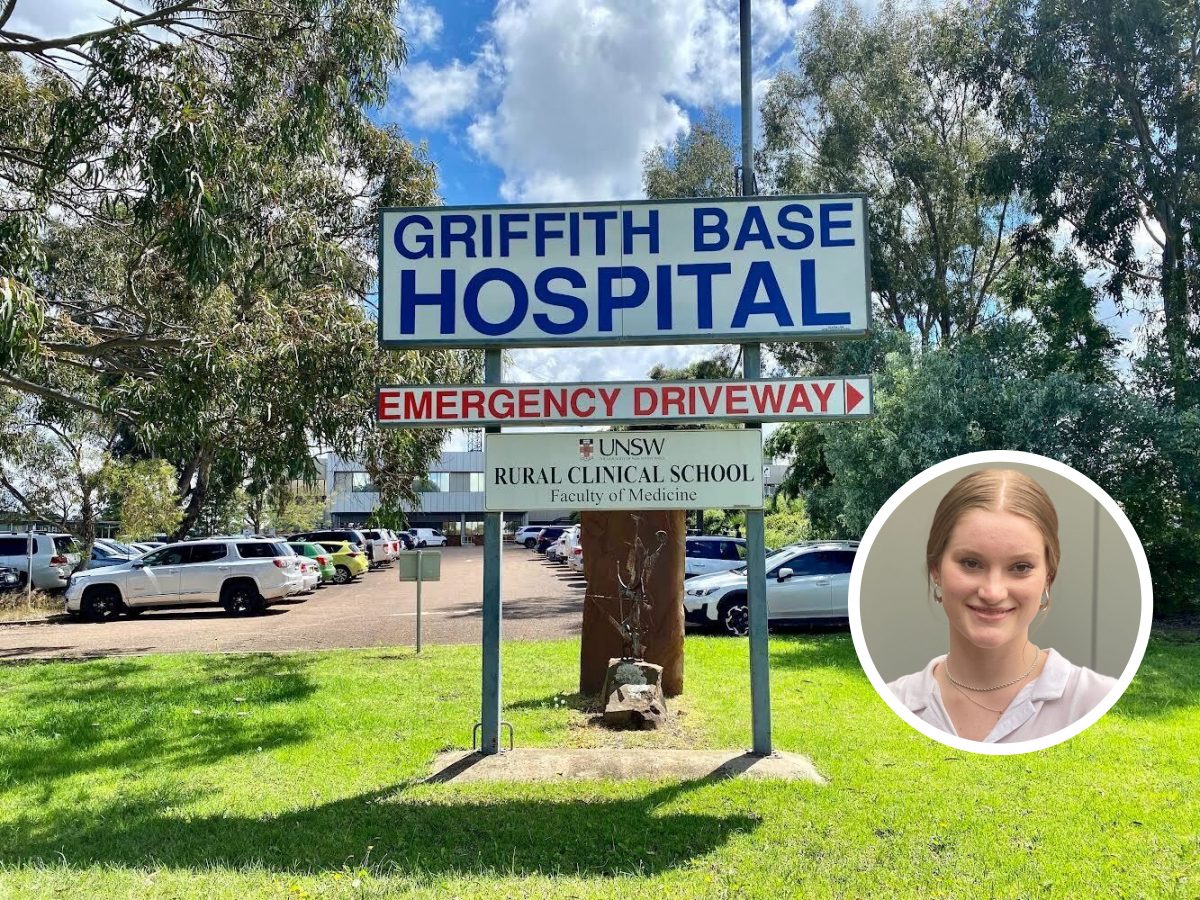
The shortage of health specialists in the Riverina is said to be worse than ever. Inset: Paige Goudie. Photo: Oliver Jacques.
Health advocates are calling on the NSW Government to address the chronic shortage of allied health professionals across the Riverina, which they say is worse than ever.
Psychologists, occupational therapists and speech therapists are becoming endangered species in the region, with families having to wait up to six months for appointments with specialists.
In Griffith, the situation is so dire that the volunteer-run Griffith Autism Support Group (GASG) pass the hat around and collect donations themselves to raise money to pay for flights, equipment and office rent so that a Sydney-based paediatric occupational therapist (OT) can visit the town once a month.
GASG president Dene Beltrame and the visiting OT she organises Dagney Hopp have suggested some simple ways the NSW Government could help alleviate the shortage.
“[The Government could provide] a grant, a subsidy for rent,” Ms Hopp said.
“I am only there one weekend a month but I would potentially have to pay rent all year if I have a good purpose-built clinic. It’s not sustainable and potentially a deal breaker.”
Ms Hopp also suggested a scheme similar to an isolated patients travel and accommodation assistance scheme for health professionals, in which specialists were given a travel allowance to go to rural towns in need.
“That would allow a family to stay safely in their community: they don’t need to travel, they don’t need to put kids with complex needs on an aeroplane or a train,” Ms Hopp said.
Ms Beltrame said she was inundated with requests for appointments for Ms Hopp, such that many children with complex needs were missing out. Her son Noah, who is on the autism spectrum, presented her with a unique dilemma.
“As a mother who organises appointments for the current visiting OT, I always put others in front of my own son’s needs and it makes me feel so guilty that I rarely give Noah an appointment as I can feel the desperation from the families who contact me for appointments,” Ms Beltrame said.
“I also can’t get Noah into a psychologist to save my life.
“There is no point in having an NDIS [National Disability Support Scheme] if you don’t have the services. Why give families the money if they can’t use it?”
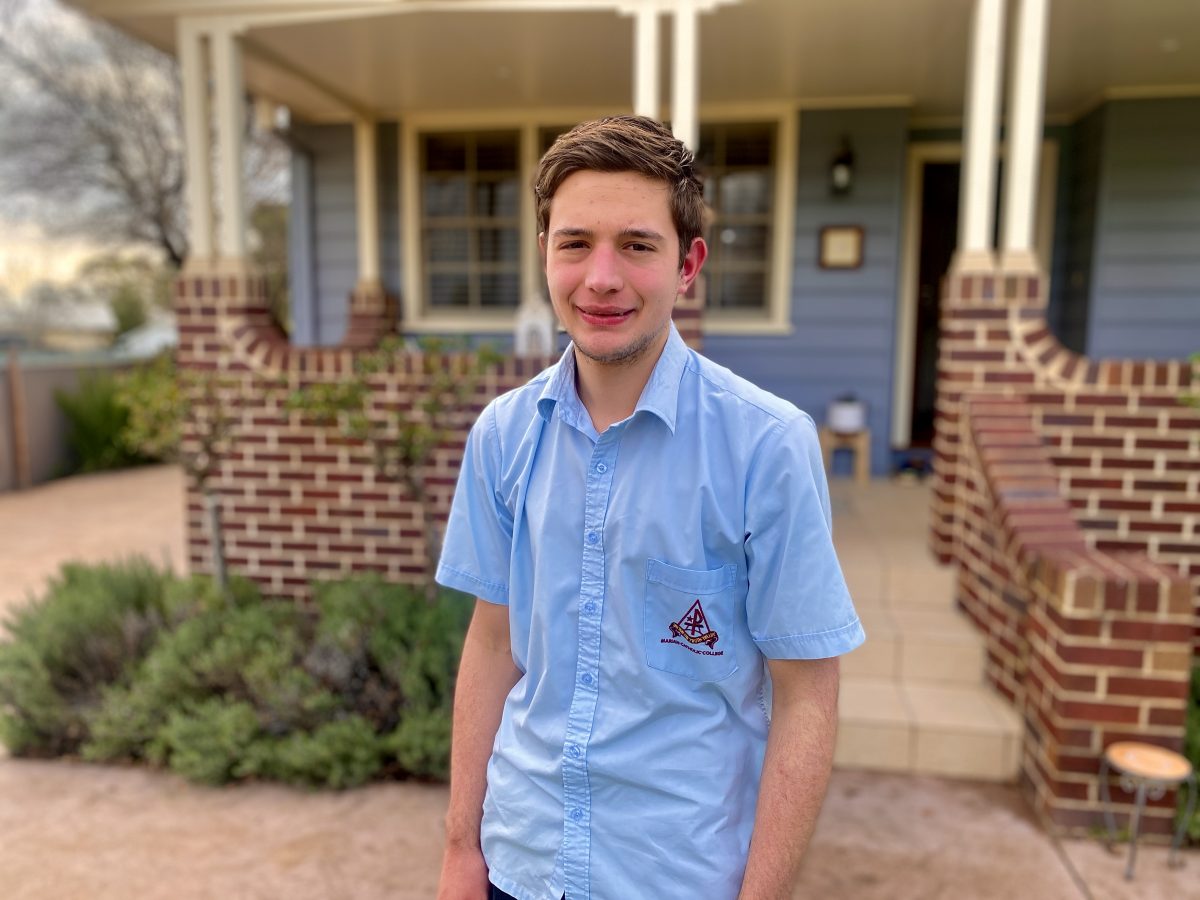
Noah Beltrame is also an autism advocate. Photo: Oliver Jacques.
Region contacted NSW Health on Monday 16 January to ask whether the NSW Government would consider implementing a scheme to fund flights, accommodation and other expenses for allied health professionals who travel to rural towns like Griffith to treat clients. The department and Ministry for Health did not provide an answer in the three days since they were asked.
Coleambally university student Paige Goudie is also concerned about how hard it is to see a psychologist.
“There is practically nothing available in my town of Coleambally,” Ms Goudie said.
“I don’t see much change happening, which is sad. The Government isn’t putting in much effort to help the Riverina. There is still such a wait to get an appointment.”
Ms Goudie is doing something about the shortage herself – studying to be a psychologist, with plans to return home and practice after graduating. But she says government makes it hard for students, further exacerbating the shortage.
“I’m going to be owing so much money by the time I finish my degree. I do receive Centrelink, but I have to take a second job to get by.
“I don’t know how I’ll be able to cope when I do my [unpaid] intership.”
She would like to see a scheme whereby government paid part of the university fees for those who chose to practice at least five years in a rural area after they graduated.
“We need to do something to get graduates to small towns and make them stay,” Ms Goudie said.
Ms Hopp said occupational therapists coud get better pay, conditions and professional support in Sydney than in Griffith, meaning there was little incentive to pursue a career in rural areas.







